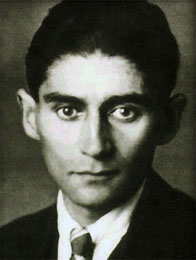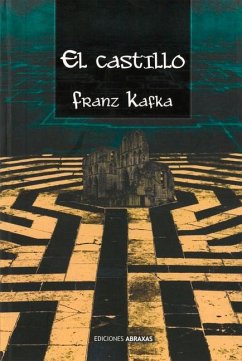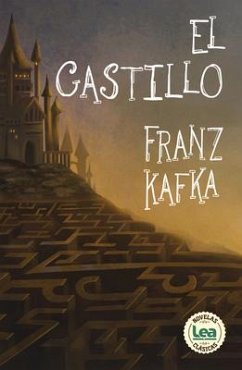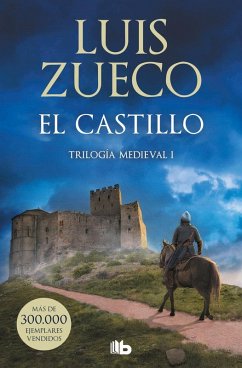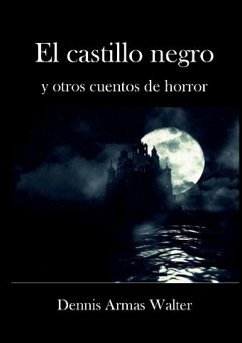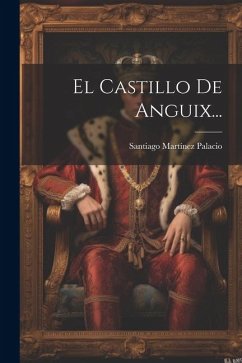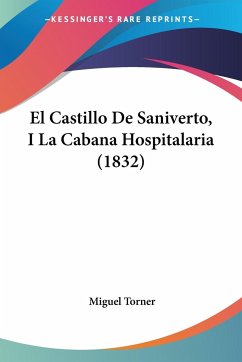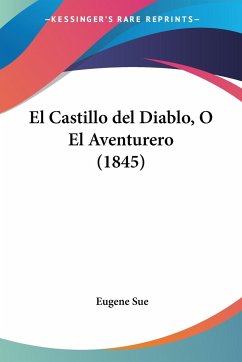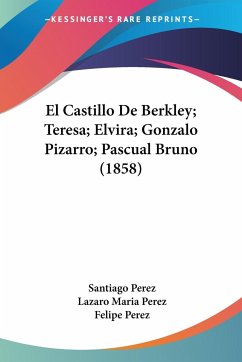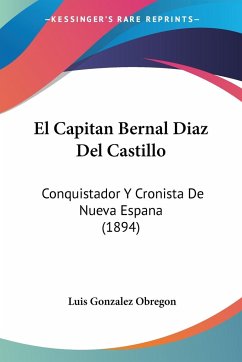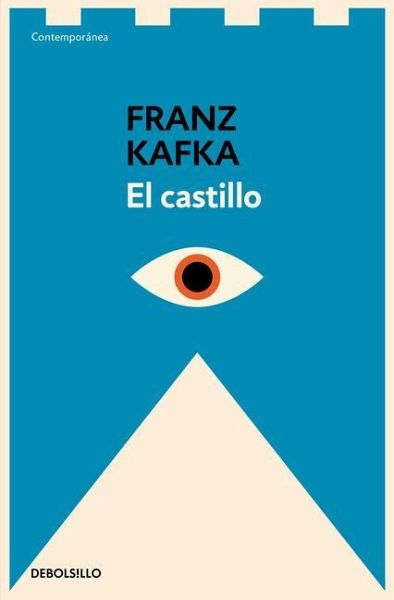
El Castillo / The Castle
Versandkostenfrei!
Versandfertig in über 4 Wochen
13,99 €
inkl. MwSt.

PAYBACK Punkte
7 °P sammeln!
Publicada póstumamente en 1926, El castillo es la más tardía de las tres novelas que escribió Franz Kafka (1883-1924) y, pese a haber quedado inconclusa, pasa a ser una de las cumbres de la novela del siglo XX. > "Habla un discípulo de Kafka, un tardío discípulo de Kafka, pero que sigue sintiéndolo y agradeciendo lo mucho que él le ha dado y lo poco que él ha podido hacer con ese espléndido regalo de su obra." -José Luis Borges. ENGLISH DESCRIPTION From the author of The Metamorphosis and The Trial--one of the greatest writers of the twentieth century--the haunting tale of K.'s rel...
Publicada póstumamente en 1926, El castillo es la más tardía de las tres novelas que escribió Franz Kafka (1883-1924) y, pese a haber quedado inconclusa, pasa a ser una de las cumbres de la novela del siglo XX. > "Habla un discípulo de Kafka, un tardío discípulo de Kafka, pero que sigue sintiéndolo y agradeciendo lo mucho que él le ha dado y lo poco que él ha podido hacer con ese espléndido regalo de su obra." -José Luis Borges. ENGLISH DESCRIPTION From the author of The Metamorphosis and The Trial--one of the greatest writers of the twentieth century--the haunting tale of K.'s relentless, unavailing struggle with an inscrutable authority to gain access to the Castle. Arriving in a village to take up the position of land surveyor for the mysterious lord of a castle, the character known as K. finds himself in a bitter and baffling struggle to contact his new employer and go about his duties. Dark and at times surreal, The Castle is often understood to be about alienation, unresponsive bureaucracy, the frustration of trying to conduct business with non-transparent, seemingly arbitrary controlling systems, and the futile pursuit of an unobtainable goal. The Castle's original manuscript was left unfinished by Kafka in 1922 and not published until 1926, two years after his death. It suggested it would end with K. dying in the village, the castle notifying him on his death bed that his "legal claim to live in the village was not valid, yet, taking certain auxiliary circumstances into account, he was permitted to live and work there".



